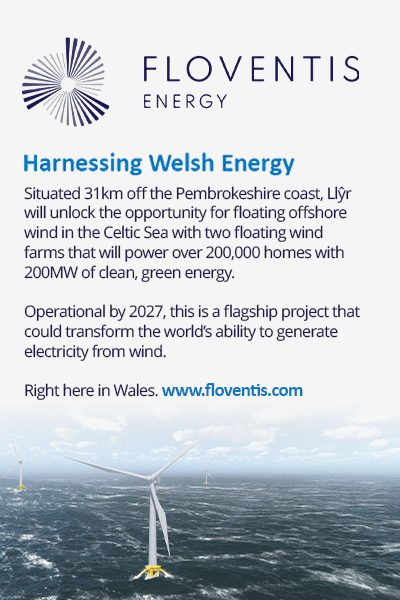Water scarcity and environmental concerns are driving the need for sustainable practices across industries, with manufacturing being no exception.
With manufacturing accounting for a significant portion of global carbon emissions, it is imperative that companies adopt water-smart strategies to achieve both sustainability goals and cost reductions.
Manufacturing processes, especially in the food and beverage industry, heavily rely on water for various purposes, including ingredient preparation, heating, cooling and refrigeration. As Martin Smith, the Managing Director of ADI Environmental, points out, water accounts for a major part of these processes. To address this challenge, manufacturers are increasingly looking towards sustainable water management as a means to reduce their environmental footprint, whilst optimising efficiency and compliance.
One viable option for manufacturers is to explore alternative water sources, such as borehole supplies.
Boreholes tap into underground water sources formed by rainwater and surface run off, offering a cost-effective and potentially carbon-neutral water supply. Hydrologists can conduct viability studies and environmental impact assessments to determine the availability and safety of such sources. The resulting water, often of equal or better quality compared to mains water, can be treated through pre-treatment, reverse osmosis or filtration, further reducing carbon emissions by up to 70-80%.
However, it is important to note that the availability of alternative water sources depends on geology and geography, making it a contextual solution. Nevertheless, when feasible, it offers manufacturers a way to avoid relying solely on expensive mains water supplies, which are subject to rising costs.
Collaboration between service providers like ADI Environmental and manufacturers is crucial in implementing sustainable water management practices. These partnerships focus not only on sourcing alternative water supplies, but also on recycling and reusing water within existing process lines. By collecting, treating and reusing process water, manufacturers can significantly reduce their overall water consumption and associated environmental impact. This approach aligns with customer expectations as consumers increasingly demand sustainability throughout the supply chain.
The benefits of adopting water-smart manufacturing practices are substantial
Reducing reliance on mains water and implementing recycling measures, manufacturers can achieve an impressive 80% reduction in their environmental impact.
The shift towards sustainable water management practices not only provides commercial benefits, but also demonstrates a commitment to environmental stewardship. Consumers now place greater emphasis on sustainability when choosing products, making it imperative for manufacturers to align their practices with these expectations.
By embracing water-smart manufacturing, companies can contribute to global efforts to reduce carbon emissions and preserve our planet for future generations.
The manufacturing industry must prioritise sustainable water management practices to mitigate environmental impact and achieve long-term success. Exploring alternative water sources, implementing water recycling systems and collaborating with environmental service providers are key steps towards creating water-smart manufacturing processes. By adopting these practices, manufacturers can reduce costs, comply with regulations, meet consumer demands and contribute to a more sustainable future.




